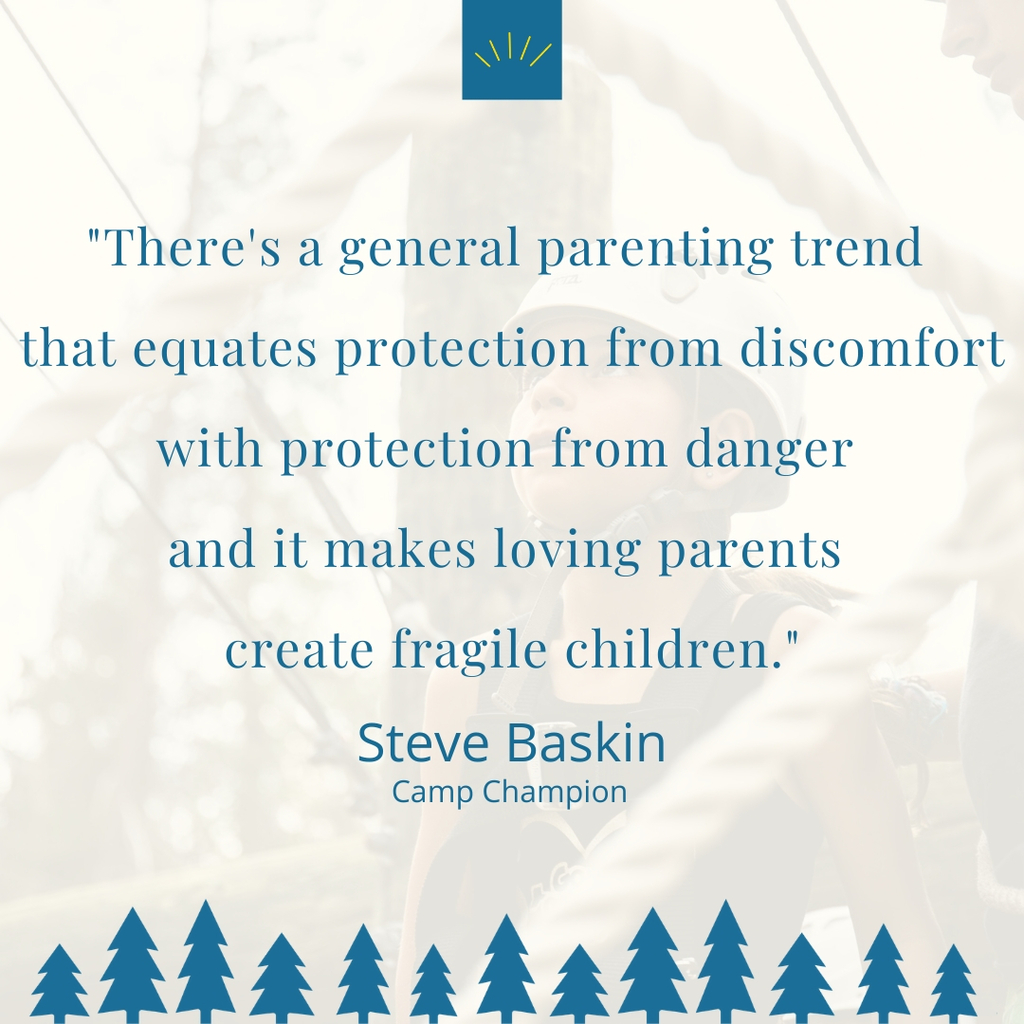So Very Fragile: A Parenting Expert Explains The Risks Of Early Daycare

Table of Contents
The Impact of Early Daycare on Emotional Development
Early childhood is a period of intense emotional growth and development. The risks of early daycare can significantly impact this delicate process, potentially leading to long-term emotional challenges.
Increased Risk of Attachment Issues
Secure attachment is the cornerstone of healthy emotional development. It's the foundation upon which a child builds their sense of self, their ability to form relationships, and their capacity for emotional regulation. However, the extended time spent away from primary caregivers in early daycare can disrupt this crucial bond, potentially leading to insecure attachment. This can manifest in various ways:
- Increased anxiety and clinginess
- Difficulty forming healthy relationships
- Emotional regulation challenges (tantrums, difficulty managing emotions)
Heightened Stress Levels in Infants and Toddlers
Infants and toddlers are particularly vulnerable to the effects of stress. Prolonged exposure to cortisol, the stress hormone, can negatively impact brain development. Daycare settings, while often stimulating and enriching, can also be overly stimulating or overwhelming for young children, increasing their stress levels. This can result in:
- Sleep disturbances
- Irritability and increased emotional reactivity
- Increased susceptibility to illness due to a weakened immune system
Social-Emotional Learning Challenges
Nurturing environments are crucial for healthy social-emotional learning. Early daycare, while providing opportunities for socialization, can sometimes hinder this process. Inconsistent caregiving and large group settings can make it difficult for children to develop essential social skills. This may lead to:
- Difficulty with empathy and understanding others' feelings
- Problems with sharing, cooperation, and turn-taking
- Challenges with conflict resolution and managing social interactions
Cognitive and Developmental Concerns Related to Early Daycare
Beyond emotional development, the risks of early daycare can extend to cognitive development and overall well-being.
Potential for Language Delays
Parent-child interaction is vital for language development. The extended time away from parents in early daycare can limit these crucial interactions, potentially leading to language delays. This can manifest as:
- Slower speech development
- Reduced vocabulary comprehension
- Difficulties with expressive language skills
Impact on Cognitive Development
Early stress, as discussed earlier, can have lasting effects on brain development and cognitive function. Overstimulation in some daycare environments can also negatively affect attention spans and cognitive processing. This can result in:
- Attention deficit challenges
- Reduced problem-solving skills and creative thinking
- Impaired executive function (planning, organization, self-control)
Increased Risk of Illness and Infections
Daycare settings, by their nature, expose children to a higher concentration of germs. Frequent illnesses are a common occurrence in daycare, which can have significant consequences on development and well-being:
- Weakened immune system, leading to more frequent and severe illnesses
- Missed developmental milestones due to illness and absences
- Increased absenteeism from daycare and other activities
Finding the Right Balance: Alternatives to Early Daycare
Considering the risks of early daycare, parents need to explore alternatives that prioritize their child’s needs. This might involve:
- Staying at home: This allows for consistent, one-on-one care and strengthens the parent-child bond.
- Delaying daycare: Postponing daycare until the child is older and more resilient can reduce some of the risks.
- Family daycare: Smaller, home-based settings can offer a more nurturing and individualized approach.
- Nanny care: A dedicated caregiver can provide personalized attention and stability.
- Part-time daycare options: A balanced approach combining home care with limited daycare time can offer benefits without excessive exposure to risks.
Thorough research and careful consideration are key when choosing childcare, prioritizing an environment that fosters strong attachment and emotional well-being.
Navigating the Fragile Years: Informed Choices about Early Daycare
The risks of early daycare, encompassing emotional, cognitive, and physical health concerns, underscore the importance of thoughtful consideration for each child's unique needs. Alternative childcare arrangements, such as in-home care, family daycare, or a delayed start to daycare, should be carefully evaluated. Ultimately, a nurturing environment that prioritizes secure attachment and emotional well-being is paramount for a child's healthy development. Weigh the risks and benefits carefully before making a decision about early daycare for your child. Remember, their fragile development deserves thoughtful consideration.

Featured Posts
-
 Navigating The Chinese Market The Case Of Bmw And Porsche
May 09, 2025
Navigating The Chinese Market The Case Of Bmw And Porsche
May 09, 2025 -
 Should You Buy Palantir Stock Before May 5th A Prudent Investors Guide
May 09, 2025
Should You Buy Palantir Stock Before May 5th A Prudent Investors Guide
May 09, 2025 -
 Woman Claims To Be Madeleine Mc Cann Dna Test Results Announced
May 09, 2025
Woman Claims To Be Madeleine Mc Cann Dna Test Results Announced
May 09, 2025 -
 Cite De La Gastronomie De Dijon Analyse Du Contexte De La Crise D Epicure
May 09, 2025
Cite De La Gastronomie De Dijon Analyse Du Contexte De La Crise D Epicure
May 09, 2025 -
 Potential Uk Visa Restrictions Impact On Specific Nationalities
May 09, 2025
Potential Uk Visa Restrictions Impact On Specific Nationalities
May 09, 2025
